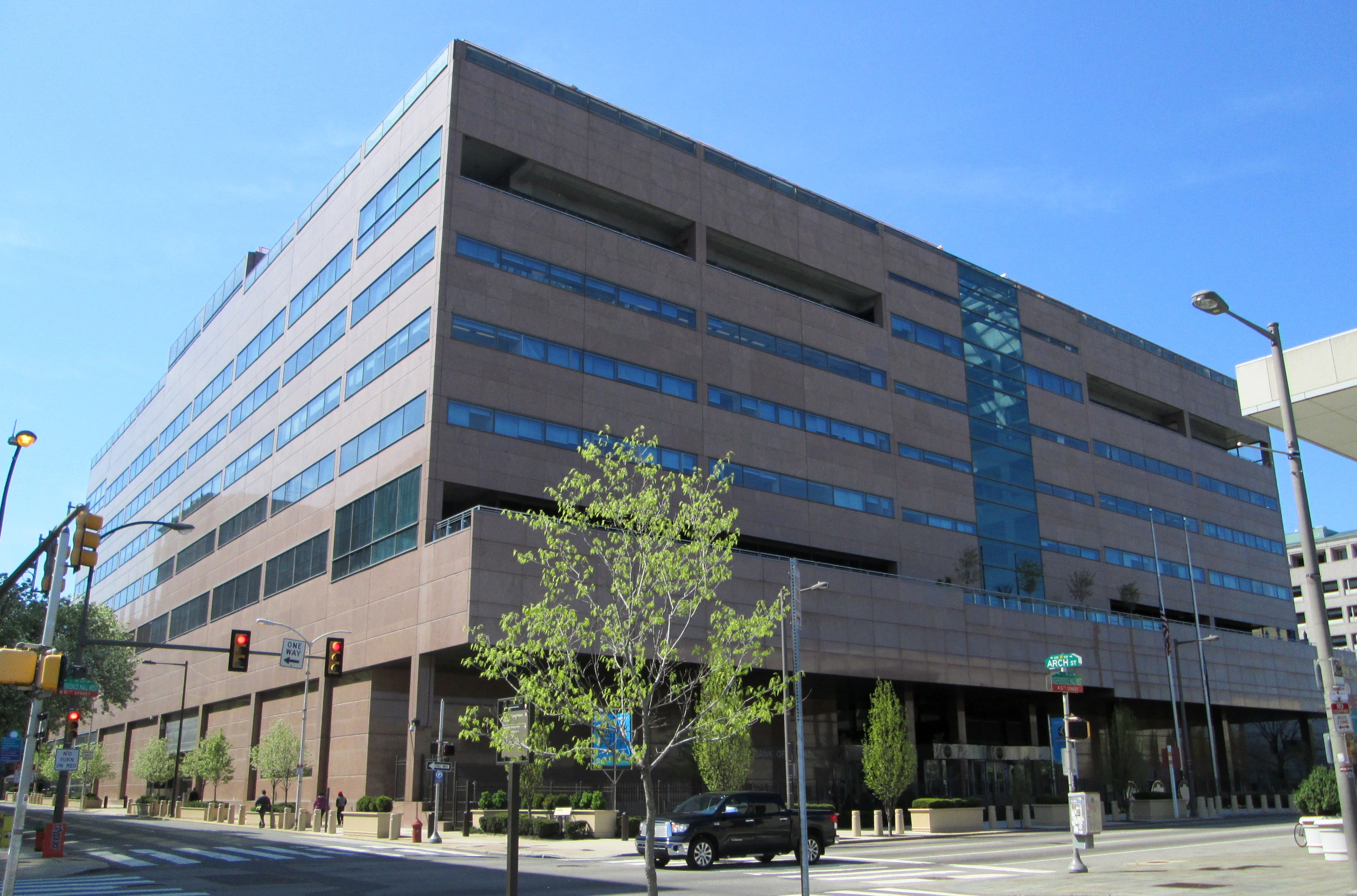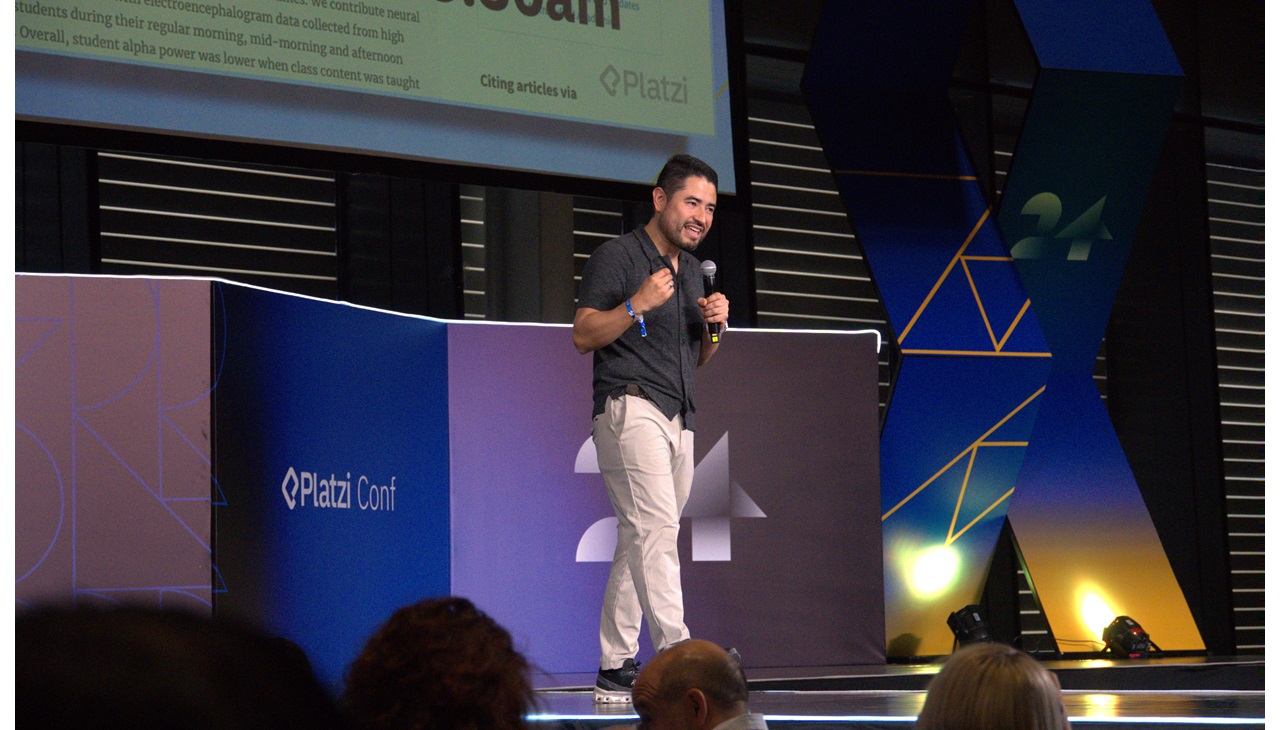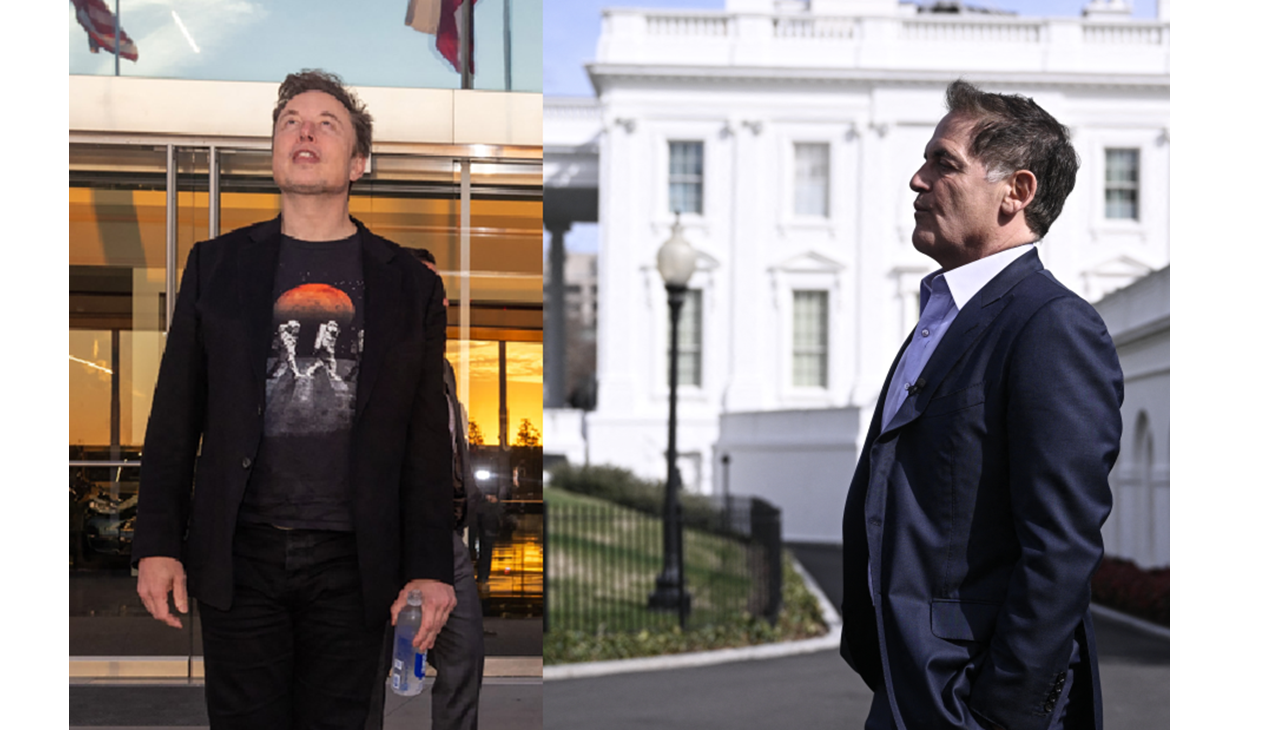
Federal Reserve Bank's conference proves the potential of immigrant businesses
On Friday, September 23, the Federal Reserve Bank of Philadelphia held a conference called “Reinventing Our Communities—Transforming Our Economies.” It was the seventh in a series of biannual conferences created to address the problems faced by cities like Philadelphia, Buffalo, St. Louis and Baltimore, which in the 20th century were considered centers of industry but have since experienced demographic shifts and losses of jobs. AL DÍA was invited to cover a panel called “Immigrant Integration as an Economic Development Strategy,” and to interview the Philly Fed’s Vice President and Community Affairs Officer, Theresa Singleton.
The panel was focused on the power and momentum of immigrant-owned businesses, and structured as a conversation between José González, from Nashville, Tennessee; Eva Hassett, from Buffalo; and David Dyssegaard Kallick, from New York City. The moderator, Peter Gonzales, represented Philadelphia. All those present work in nonprofits which support immigrants.
Mr. Kallick, who is a Senior Fellow at the Fiscal Policy Institute, began the discussion by presenting some of the statistics which relate the growth of immigrant populations to the growth and revitalization of cities.
In a series of charts, he made the case for viewing immigrants as cities’ most entrepreneurial demographic, and credited them with producing much of the growth both in population size and in number of businesses in many places like Philadelphia, many of whose US-born residents left the city with their manufacturing jobs, or as part of the trend of white flight.
He was followed by Ms. Hassett, who is currently the Executive Director of the International Institute of Buffalo after a long career in city government. Hassett spoke to the emergence of new coalitions interested in the economic potential of immigrant communities, so far best represented by the Welcoming Economies Global Network. The Network, which will hold a public event in Philadelphia on October 20, is comprised of nonprofits, local governments, chambers of commerce, and state governments and is affiliated with a national organization called Welcoming America, which inspired September’s #WelcomingWeek event series.
“It’s becoming a fascinating place to partner on and help each other on this economic framework for the impact of immigration,” said Hassett. “It’s relatively new to be thinking about immigrants as an economic development asset, as talent that cities want to seek, attract, retain, support.”
Research is showing us that inequality does not work. It does not benefit individuals who are left out, and it definitely doesn’t benefit local economies.
José Gonzalez, who co-founded Conexión Américas, a nonprofit working with immigrant communities in Nashville, spoke to the successes that immigrant entrepreneurs have experienced through his programming. While his organization has many projects, one of the best known and most successful is a shared commercial kitchen from which immigrants can launch their own food businesses. He told the story of a family from Southern Mexico who sells packaged lunches to construction workers, whose four lonchera trucks sell $3,000 of food per day.
And it’s not just Latino immigrants who are using the space. “What you end up having is a cross cultural collaboration that happens in the space. Food, of course, is an innately creative art,” said Gonzalez, describing how chefs of different background find inspiration in one another’s cuisines. “Of course, we did this with the intention of serving our program. But when we opened the program, we realized there’s not a place like this anywhere in the city.” Today, 35% of the kitchen’s users are actually American-born, drawn to the space in part because of the appeal of cultural encounter.
Questions for the panelists highlighted some of the problems left out of their optimistic analyses—namely, the social aspects of integration, and the real risk of gentrification driving out immigrant-owned businesses not long after they are established. However, if the goal was to provide a research-based framework to address concerns that immigration hurts struggling economies, then the panel was a success.
Describing the Federal Reserve’s role, Vice President Singleton explained that “Mostly we are an intermediary of information and relationships.”
“Research is showing us that inequality does not work,” she said. “It does not benefit individuals who are left out, and it definitely doesn’t benefit local economies.”










DEJE UN COMENTARIO:
¡Únete a la discusión! Deja un comentario.